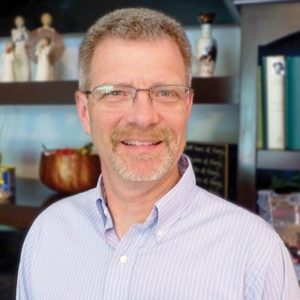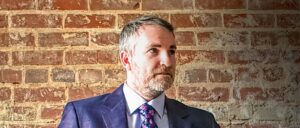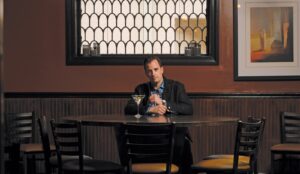Knowing what we control and what we don’t is a vital part of self-awareness.
It has been nearly 3 months since social distancing policies were implemented for South Carolina, and there has been a huge range of personal reactions to the pandemic and to changes in our lifestyles. Nearly everyone has experienced the consequences of job loss, reduced income, and anxiety about the virus and getting sick or dying, to say nothing of adjusting to much more time spent with our families in much closer proximity. National surveys are reporting increases in stress, anxiety, and relationship difficulties. The novelty and uncertainty of the virus have resulted in differences in how people respond to the pandemic and social distancing policies. Our own negativity bias and confirmation bias are certainly part of the problem.
Negativity bias is the tendency to focus more on disappointing events or painful experiences than on the positive aspects of our lives, or when we assume the worst about others. Humans tend to recall praise and kind words less often than insults and perceived slights. Our brains actually respond more intensely to negative experiences on a biological level. This bias has developed as a curious, but self-protective, reflex to prevent us from being hurt physically and/or emotionally. Our brains and consciousness essentially remain on guard for physical and social threats.
Confirmation bias is in play when we selectively screen for and consume information that confirms our current beliefs. We have a tendency to live in an echo chamber that keeps things familiar and safe. It’s one of the reasons people have such radically different reactions to COVID-19 news. The science is still developing on the virus and at times appears contradictory. There are legitimate disagreements about the case fatality rate, infection rate, mode of transmission, how the numbers are being gathered, proper response to all of the above — these create opportunities for us to get stuck in our own beliefs and ignore contradictory data.
We see the negativity and confirmation biases in the variety of reactions to COVID-19. We assume the worst about people who react differently to isolation and distancing than we do. For instance, some people wear masks everywhere they go, even when they are alone in a car, while others don’t wear masks at all, even in busy stores. Both in this example may feel threatened by or defensive of others making different choices. Sadly, there have been reports of physical attacks and verbal confrontations regarding social distancing and using masks in several parts of our nation. If we are to be part of the solution versus part of the problem, we need to practice self-awareness and self-control and be willing to ask ourselves some important and uncomfortable questions.
Knowing what we control and what we don’t is a vital part of self-awareness. Attempting to control the behavior of people we disagree with is futile, and it typically leaves us angry and sad. Viktor Frankl suggests how to respond when we are feeling out of control: “Everything can be taken from a man but one thing: the last of the human freedoms — to choose one’s attitude in any given set of circumstances, to choose one’s own way.” Self-control requires engaging in expectation management. What do we expect of ourselves and of others, and how realistic are those expectations? Can I influence someone who is handling the COVID-19 risk differently than I am, and if so, what’s the best way to accomplish that? Yelling at them, leaving nasty comments on their social media accounts, giving them dirty looks, mocking them, treating them with contempt or disgust — these approaches are not helping them or us. With any of these responses, both parties will feel angry and misunderstood and less likely to compromise. How can we see others’ concerns of getting sick or losing freedom, livelihood, and income as legitimate? How can we practice empathy instead? Let’s avoid equating leaving home with endangering everyone. Let’s avoid equating social distancing and wearing a mask with surrendering to tyranny. It’s possible the person not wearing a mask may already have had COVID-19 and isn’t just being cavalier. Maybe before judging another and assigning to him the worst possible motives, we could control our reactions and extend some grace instead.
Reserving judgment and viewing multiple perspectives are components of the psychological flexibility that is an antidote to negativity and confirmation biases. You can build your psychological flexibility by asking some of the following questions. How open am I to information that is different from what I believe? How flexible are my beliefs and “truth” about a virus the medical community is still learning about? What do I believe about COVID-19, about freedom of expression, about civic responsibility, and about public health behaviors? How often do I talk with others who hold different opinions and perspectives on the pandemic, and how well do I interact with them?
We will all get through this together one way or the other. How can we manage this time well, and how can we work together despite our inevitable differences? If you could use some COVID-19 crisis management tools, there are specialists at Hope Community Counseling Center (HopeCommunityCounselingCenter.com) who can provide some brief individual, family, or workplace training to improve your outlook, mindset, and flexibility.






